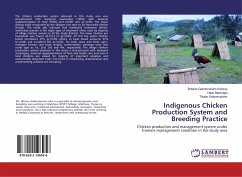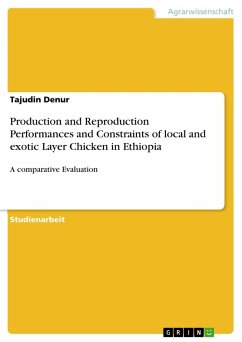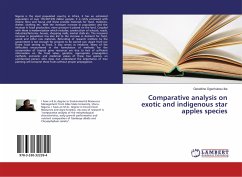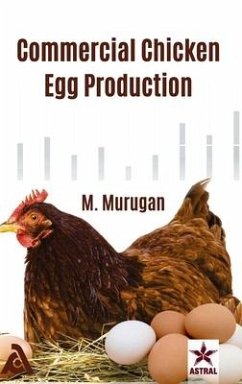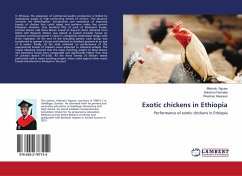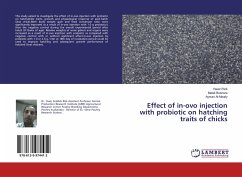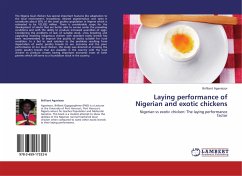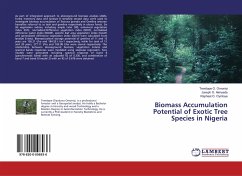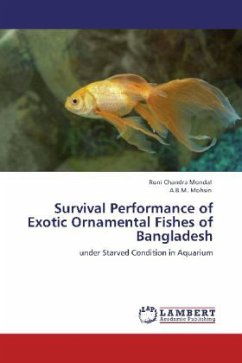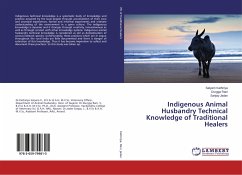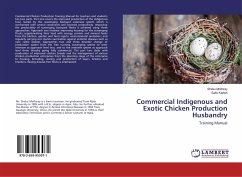
Commercial Indigenous and Exotic Chicken Production Husbandry
Training Manual
Versandkostenfrei!
Versandfertig in 6-10 Tagen
24,99 €
inkl. MwSt.

PAYBACK Punkte
12 °P sammeln!
Commercial Chicken Production Training Manual for teachers and students has two parts. Part one covers the improved production of the indigenous fowl reared by the scavenging backyard extensive system which is confronted with several constraints and lowered productivity. Improving the productivity of scavenging backyard flocks is achieved using three approaches. Approach one involves: improving housing for the scavenging flocks; supplementing their feed with energy, protein and mineral feeds from the kitchen, garden and farm rejects; environmental sanitation; and regularly carrying out routine...
Commercial Chicken Production Training Manual for teachers and students has two parts. Part one covers the improved production of the indigenous fowl reared by the scavenging backyard extensive system which is confronted with several constraints and lowered productivity. Improving the productivity of scavenging backyard flocks is achieved using three approaches. Approach one involves: improving housing for the scavenging flocks; supplementing their feed with energy, protein and mineral feeds from the kitchen, garden and farm rejects; environmental sanitation; and regularly carrying out routine vaccination against endemic diseases such as new castle disease. Approaches two and three describe change of production system from the free running scavenging system to semi-intensive as approach level two, and to the intensive system as approach level three thereby going fully commercial. The part two deals with production of improved chicken breeds and the management of various chicken production enterprises from the planning stage of the enterprise to housing, brooding, rearing and production of layers, broilers and breeders. Raising disease-free flocks is emphasized.



